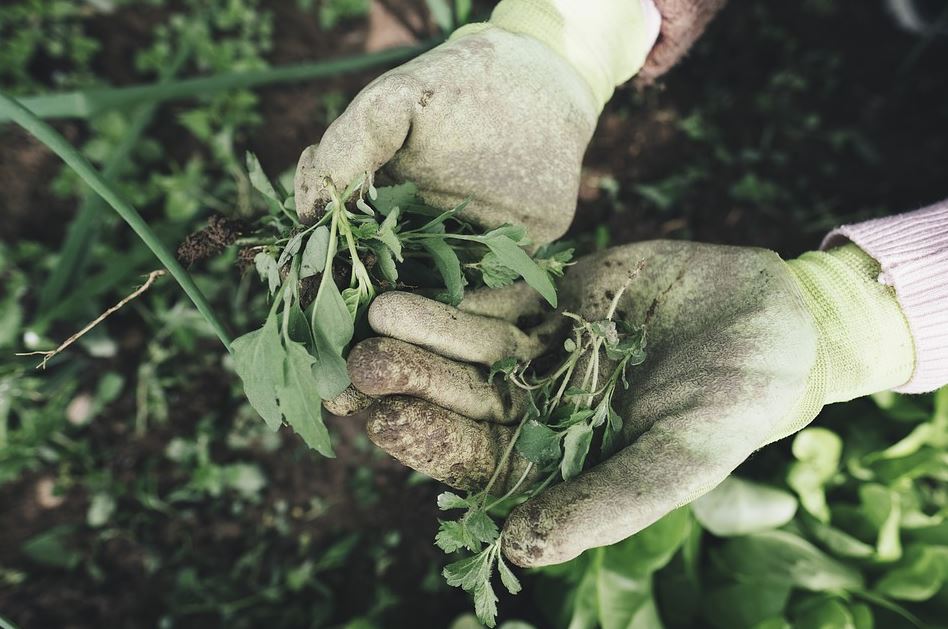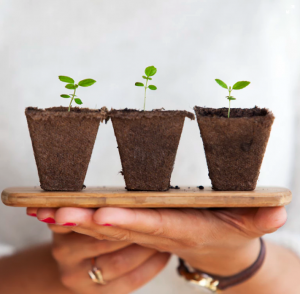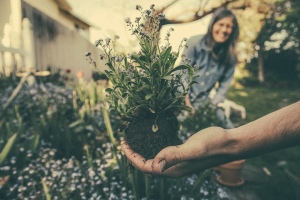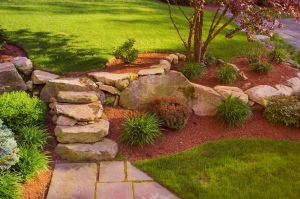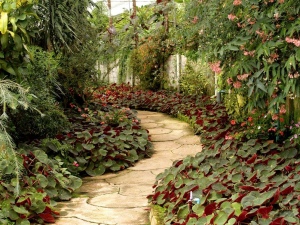Gardening is a wonderful hobby that can help you reduce stress, treat depression and depression and eat healthier. Spring is a wonderful time to start your own garden, but getting started can be a daunting task if you’ve never even planted a bulb before.
Don’t worry. Although there’s a lot to learn, growing as a gardener is all part of the fun! Before you get started, here’s four pro tips for beginners that will help you make the most out of your first garden.
Location Is Key
Take a look around your yard and consider your region. Different plants thrive under different conditions. The gardening experts at local hardware and home supply stores often have great catalogs that can offer a breakdown of the different regions throughout the United States and what plants grow best in each.
The catalog is based on the USDA Plant Hardiness Zone Map, which breaks down North America into 11 distinct planting zone; each zone is 10-degrees warmer or colder than its adjacent zone, making it more suitable for certain types of plants and foliage.
Understanding your own zone and the plants that thrive best in it will help ensure that your garden is a success.
Learn Frost Dates
A frost day signifies a date when the temperature is 50 percent likely to drop below freezing, which creates frost on the ground and spell disaster for your garden. Planting too early could accidentally kill your plants, so knowing the last frost day of the year is a must before you begin to plan your garden. You can learn more about frost dates and find your own by zip code here.
Don’t Forget Mulch
Soil is essential, but 2 to 3 inches of mulch around your plants is a welcome addition. Mulch can help prevent weeds and reduce moisture loss through evaporation, ensuring your plants don’t dry out. There are many different types of mulch you can use for your garden like pea straw, bark and wood chips, and pebbles and gravel.
Choose Beginner Plants
Learning how to garden is best done by choosing durable, persistent plants, vegetables and herbs that don’t require a lot of knowledge or extra care to thrive. Some of the best flowers for beginners include marigolds, zinnias and cosmos. If you want to learn how to grow your own vegetable garden, some great starter choices include radishes, climbing peas and leaf lettuce.
Gardening is a great exercise in patience and mindfulness. Rather than focusing on the end result, enjoy the day-to-day care of your garden. Get the appropriate work clothing, tools, and supplies and get to work! The act of caring for another living thing can also nourish ourselves. With some TLC, patience and persistence, you can learn how to slowly grow the garden of your dreams and become a better person along the way.
